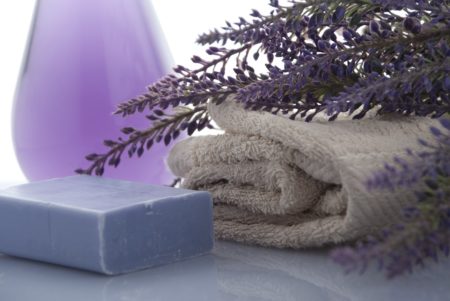Aromatherapy is a type of alternative medicine that uses essential oils to improve a person’s physical, emotional, and mental well-being. Essential oils are extracted from various parts of plants and are highly concentrated. They are typically used in diffusers, massages, and baths.
How Aromatherapy Works
Aromatherapy works by stimulating the olfactory system, which is connected to the brain’s limbic system. The limbic system controls emotions, memories, and hormones. When essential oils are inhaled, the olfactory receptors in the nose send signals to the limbic system, which then releases neurotransmitters such as serotonin and dopamine. These neurotransmitters can help reduce stress, improve mood, and promote relaxation.
Benefits of Aromatherapy
There are many benefits of aromatherapy. Some of the most common benefits include:
Reducing stress and anxiety: Essential oils such as lavender, bergamot, and chamomile can help reduce stress and anxiety levels.
Improving sleep: Essential oils such as lavender and chamomile can promote relaxation and improve sleep quality.
Boosting mood: Essential oils such as peppermint and lemon can help improve mood and increase energy levels.
Relieving pain: Essential oils such as peppermint and eucalyptus can help relieve pain and inflammation.
Improving digestion: Essential oils such as ginger and peppermint can help improve digestion and relieve nausea.
Popular Essential Oils and Their Uses There are many essential oils available, each with its own unique properties and uses. Here are some of the most popular essential oils and their uses:
Lavender: Promotes relaxation, reduces stress and anxiety and improves sleep quality.
Peppermint: Relieves pain and inflammation, improves digestion and increases energy levels.
Lemon: Boosts mood, improves cognitive function, cleanses and purifies the air.
Eucalyptus: Relieves respiratory issues, boosts the immune system, and promotes relaxation.
Tea tree: Treats skin conditions such as acne and eczema, fights infections, and boosts immunity.
How to Use Essential Oils
There are several ways to use essential oils:
Diffusers: Add a few drops of essential oil to a diffuser to disperse the scent into the air.
Massage: Mix a few drops of essential oil with a carrier oil such as coconut or jojoba oil and massage into the skin.
Bath: Add a few drops of essential oil to a warm bath for a relaxing soak.
Inhalation: Add a few drops of essential oil to a bowl of hot water, cover your head with a towel, and inhale the steam.
Precautions and Risks
While essential oils can be beneficial, they can also be harmful if not used properly. Here are some precautions and risks to keep in mind:
Essential oils should not be ingested.
Essential oils should be diluted before use.
Essential oils can cause skin irritation or allergic reactions.
Some essential oils are not safe for use during pregnancy or with certain medical conditions always check before using.
